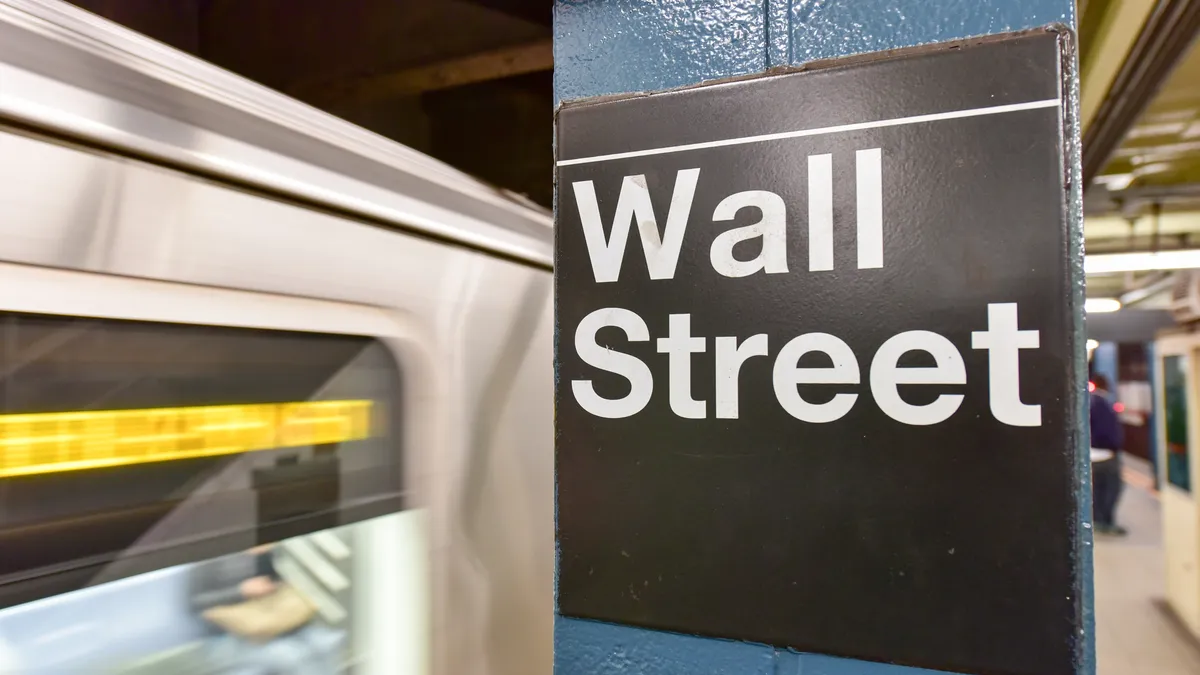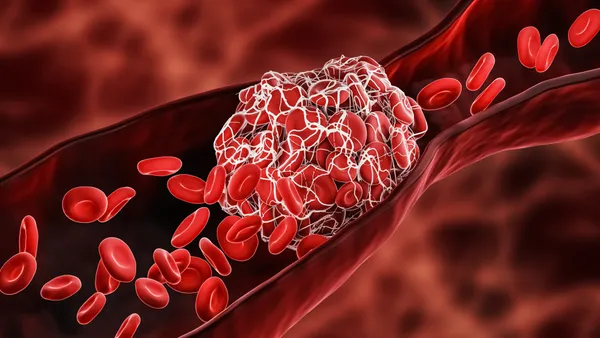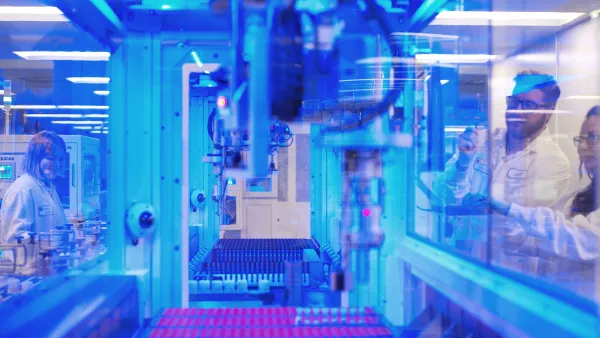UPDATE: August 7, 2019: This story has been updated with analyst comments.
Dive Brief:
- BD on Tuesday said it has been informed by FDA that its PMA submission for its Lutonix drug-coated balloon device to treat peripheral artery disease (PAD) below the knee was not approvable in its current form.
- On the company's third quarter conference call, BD CEO Vincent Forlenza also told analysts that the company has withdrawn its FDA application to market an insulin patch pump for patients with Type 2 diabetes.
- Despite the setbacks, BD executives said third quarter results reflected an expected acceleration of revenue growth in the second half, and the company reaffirmed its full-year revenue and earnings forecasts.
Dive Insight:
FDA's advisory panel meeting in June, convened to address a safety signal in paclitaxel-coated balloons and stents in peripheral interventions, has stalled the market. BD in May cut its earnings guidance in anticipation of a 50% drop in sales of its drug-coated balloons.
The FDA panel determined the devices should remain on the market but with new labeling to warn of the safety signal, first identified in a meta-analysis. But the impact of the heightened scrutiny has already been felt. On BD's call, company executives said sales of paclitaxel-coated balloons are declining across the industry, which would like to see FDA to reassure the healthcare community that the benefits of the devices outweigh the risks.
Forlenza said an update from FDA on the situation is expected "shortly."
"We are waiting to see where that comes out. The healthcare providers have made some great arguments about why this product is important for patients, and we'll see how that plays out," Forlenza said on the call.
BD executives said the company's application for a below-the-knee indication for its Lutonix balloon remains a "very active PMA." The rejection was based on the clinical evidence to date, BD said, and the company is working with FDA to determine what additional data is needed. Approval is no longer expected this calendar year, the company said.
BD acquired Lutonix in 2017 in a $24 billion acquisition of C.R. Bard that also expanded its offerings in medication management and infection prevention.
Forlenza said BD has withdrawn its application for approval of the company's Type 2 insulin patch in development and is now working with a third party research and development partner on the device. "In the short run, we remain committed to the patch pump," Forlenza said.
Still, Wall Street analysts sought to downplay the news. Analysts at William Blair said BD's results were "within the margin of error of what the Street was looking for."
"In our view, commentary on the below-the-knee DCB product approval timing delay should have been expected and already out of 2020 numbers, and there should have been no expectation that the broader product category would rebound without the FDA giving some sort of an all-clear," they wrote in a research note.
Overall, BD reported third quarter revenue of $4.35 billion, up 1.7% from a year ago and up 5.7% on a currency-neutral basis. Earnings per share of $1.51 declined 25.6% from a year ago, but adjusted earnings of $3.08 rose 5.8%, meeting expectations, the company said.
RBC Capital Market's Brandon Henry said the Lutonix update removes some potential upside for the company in 2020, but argued BD's other business lines position it to continue to grow revenues next year.
The company continues to expect full-year revenue to increase 8% to 9%, or 5% to 6% on a currency-neutral basis. The forecast for adjusted earnings per share is unchanged at between $11.65 and $11.75. BD's stock was down about 2% in morning trading.












